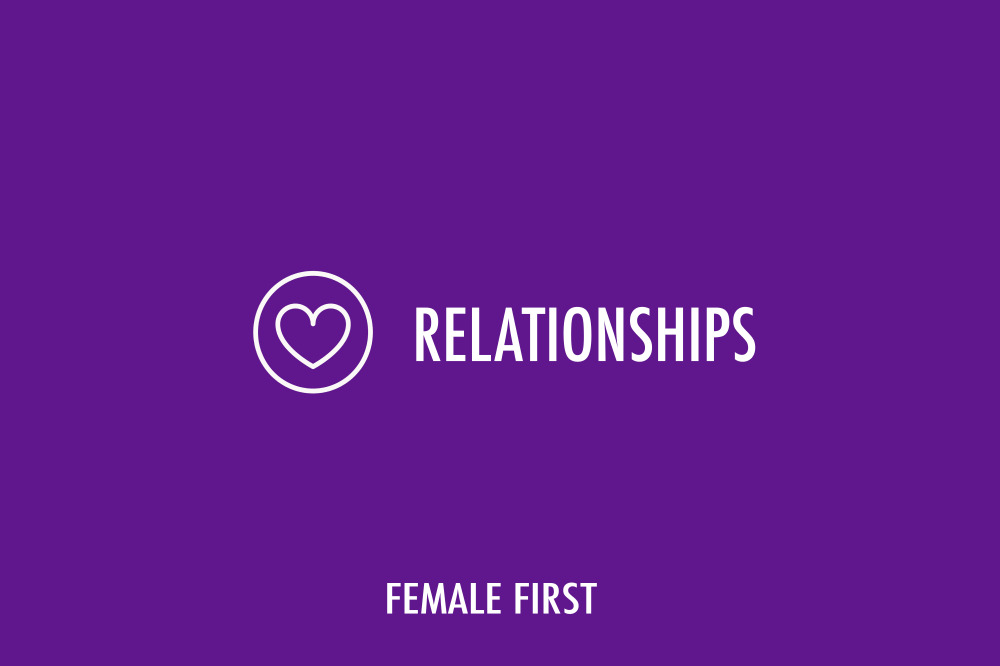Everyone can feel down or anxious, even panicky or scared, these are all normal emotions. Most of the time we have coping strategies to guide us through our experiences.

The Essential Companion to Talking Therapy
Generally, therapy is there if we experience overwhelming emotions or destructive behaviours that are influencing our ability to engage with life in a productive and fulfilling manner. Perhaps the strategies we used to rely on are not working for us anymore. Whatever our struggles, in therapy there are no issues too small nor too big to talk about. Below are a small sample of signs that you may benefit from therapy.
Repeating Patterns. Unhelpful repeating patterns can interfere with our lives, stopping us from having the fulfilled existence we long for. A therapist can help us understand where the patterns come from, what is driving us to repeat them, even when we know they are unhelpful and, in some cases, unhealthy. Through therapy we can learn to change these patterns or make them redundant all together.
Apathy or persistent lack of happiness (depression). Feeling a lack of interest in life, a stuckness or despondency are some of the main reasons people seek therapy. Don’t wait in the hope this is a passing phase: these emotions have a habit of returning if we don’t find a way to recognise and manage them. While we cannot expect to feel contented 100% of the time, if instead of having fulfilled moments we mainly experience a void, it is time to talk with a therapist
Extreme Worrying. A level of anxiety that we can manage as part of life is normal. When we are filled with fear and worry it can stop us from enjoying our successes and affect our whole existence. Therapy is the perfect place for developing our understanding of our anxieties and gain new coping mechanisms to create a calmer life. A therapist with a special interest in anxiety, is likely to be the best place for us.
Addiction. Alcohol, drugs, online porn, gambling are some of the addictions we can seek help with. Even though addiction is often complex, therapy is a brilliant way of working with our struggles. It is however, strongly advisable to find a therapist who has specialised in working with the specific addiction we are facing.
Bereavement and grief. Bereavement is the intense feeling of loss. If we lose someone or something we care about, it will take time to come to terms with the empty space we are left with. However, if we feel stuck in grief and it’s persistently making us angry, sad or lonely, we can benefit from talking with a trained therapist to help us move on from these emotions, so we can learn to live more peacefully.
Relationship issues. Intimate relationships can be easy when we first meet and feel infatuated. As the shiny side fades and we become more emotionally entangled, relationships can become difficult to navigate. If we are single, we might fear being on our own for the rest of our life. Individual or relationship therapy can help us to understand our relationship needs and how we can establish lasting, stable, intimate relationships.
Family issues. Family issues can be long standing with everyone believing they are right, and no one feeling listened to. If we are unable to talk about certain topics, feelings can get buried and become the proverbial elephant in the room. One-to-one therapy provide us with strategies for managing our emotional and psychological reactions, while family therapy can include other family members too.
Karin Blak is a qualified couples counsellor, family therapist, and psychosexual and relationship therapist. In 2019 she received the East Midlands SME Most Dedicated Relationship Therapist award. Her new book, An Essential Companion to Therapy is out on February 9th priced £12.99 and is available on Amazon and in all good book stores.
RELATED: 10 reasons why relationship counselling can be better online than in person
Relationship issues are more complicated than just your own struggles because they involve two people. Untangling all the messy bits demands your attention, and if it has reached the point where you consider relationship counselling, there are ten compelling reasons for why online counselling could be best for you... to read more click HERE


